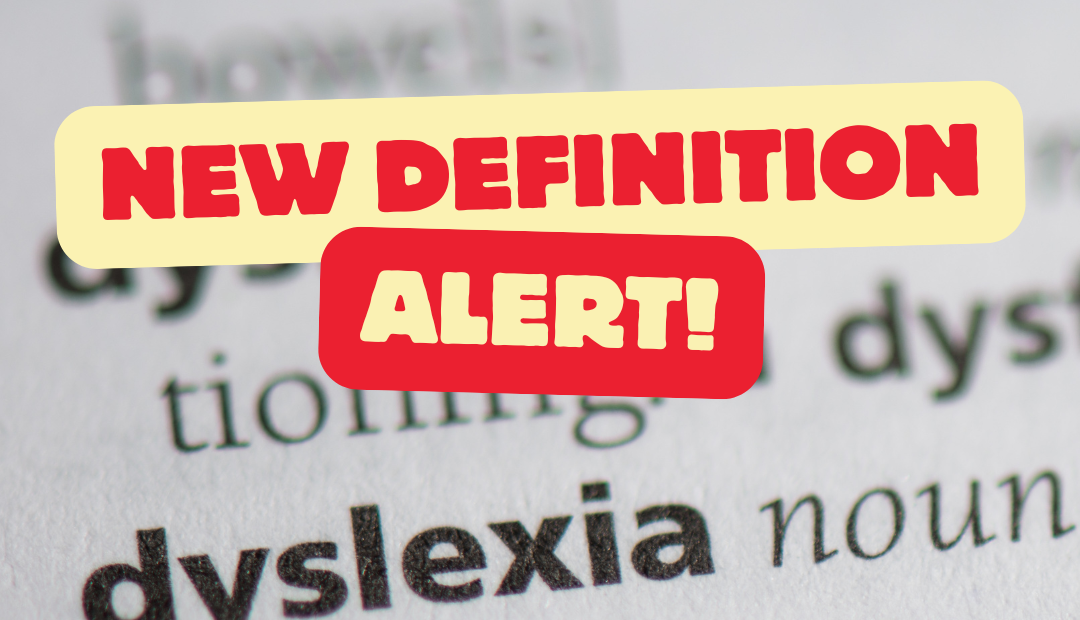Just this month the long-awaited new ‘Delphi Definition’ of Dyslexia has been published. For decades, different definitions and theories created confusion – not just among professionals, but for parents, teachers and even those living with dyslexia themselves. Now, in 2025, a team of leading experts has delivered a game-changing update: a new, research-based Delphi definition of dyslexia, published in the Journal of Child Psychology and Psychiatry.
This definition isn’t just a rewording of old ideas – it represents a major step forward in how we define and understand dyslexia. Developed through a Delphi process (a method that gathers expert consensus through multiple rounds of review), the definition reflects the latest scientific knowledge, drawing from cognitive psychology, education, and neuroscience.
So, what makes this new definition so important?
First, it moves beyond the outdated idea that dyslexia is just a problem with reading words. The Delphi definition describes dyslexia as a specific learning difficulty rooted in challenges with phonological processing, which affects how individuals connect sounds to letters and words. But crucially, it also acknowledges the broader range of difficulties many people with dyslexia experience such as slow reading fluency, poor spelling and challenges with verbal memory.
Second, it’s clear and evidence-based. The authors have ensured that the definition aligns with decades of research, while also being practical enough to guide assessment and support. It emphasizes that dyslexia exists across a spectrum, affecting people differently, and often occurs alongside other conditions like ADHD or language disorders.
Perhaps most importantly, this new definition replaces the Rose definition (2009), which, while influential, lacked the same level of scientific precision. The Delphi definition improves on Rose by being more nuanced, grounded in current cognitive science and better-suited to support diagnosis, intervention and educational/workplace support.
In short, this new definition gives assessors a better tool for diagnosis, and families and individuals a clearer understanding of what dyslexia is (and isn’t). It helps shift the conversation from blame and confusion to support, clarity, and action.
So, how does the Delphi Definition change everything? Dyslexia hasn’t changed, but how we define and respond to it has. For the first time, we have a definition of dyslexia that captures its complexity without losing its clarity. In turn, by moving beyond narrow views of dyslexia and embracing the full range of challenges it presents, this 2025 definition opens the door to better research, better teaching and better outcomes for all.


Leave a Reply